Pompo the Cinephile’s director, Takayuki Hirao, is an anime veteran with a deeply diverse creative trajectory; the 43-year-old Kagawa native and onetime aspiring mangaka started his career at the Madhouse studio as a production assistant and storyboarder, but directed the first episode of Paranoia Agent under Satoshi Kon, no less, before decamping for ufotable, where he went on to direct The Garden of Sinners: Paradox Spiral and Magical Sisters Yoyo and Nene, as well as God Eater, both on TV and OVA, before going freelance in 2016.
We Got This Covered spoke with the director ahead of the U.S. theatrical release of his latest film about the pain of editing, what makes a ”necessary” scene, his perhaps-surprising Hollywood inspirations, and whether happiness hurts creativity.
Based on Shogo Sugitan’s shojo manga, Hirao’s adaptation of Pompo the Cinephile features fresh perspectives and whole new characters in the fictional setting of Nyallywood, which is exactly what it sounds like — anime cat-themed Hollywood. Gene, the production assistant of famous B-movie producer Pompo, is faced with directing her next movie about a bitter composer who reignites his passion for making music. But he’ll have to lean on the colorful cast of filmmakers, actors, and even people outside the studio to make his big break.
This interview was held in a roundtable setting with other outlets. Questions and answers have been edited for clarity and concision.
How did you approach making this movie that is about making a movie?
Takayuki Hirao: When I read the manga I really focused on Gene. Gene can’t fit into society, but within the film industry he can shine. I really focused on that because I myself, when I was young I couldn’t fit in, so I thought by making Gene the protagonist it would be more interesting. I wanted to explore why he comes to love movies and why he wants to make movies.
This isn’t just a movie about filmmaking, but it’s really about chasing your dreams and I wanted it to be a fight song for people pursuing theirs. So, what I did was also include Alan who’s outside of the film industry. Alan expresses that people who are not even in the industry can shine and by having him I thought even people who aren’t in the industry could enjoy the film.
What were your influences when creating Nyallywood as a spectacular place where people work?
Takayuki Hirao: I love movies, and a long time ago I saw a Western called Young Guns. That’s what really started getting me interested in Hollywood. And directors like Scorsese, I really look up to him. But it’s not really just Hollywood, it’s more U.S. culture that I’m really interested in. When I was a kid, I spent a summer in Portland, Oregon and the culture and people I got to experience and connect with, that really stuck with me. So I think all of my feelings toward the U.S., the culture, the people—including Hollywood—is really what got put into creating Nyallywood.
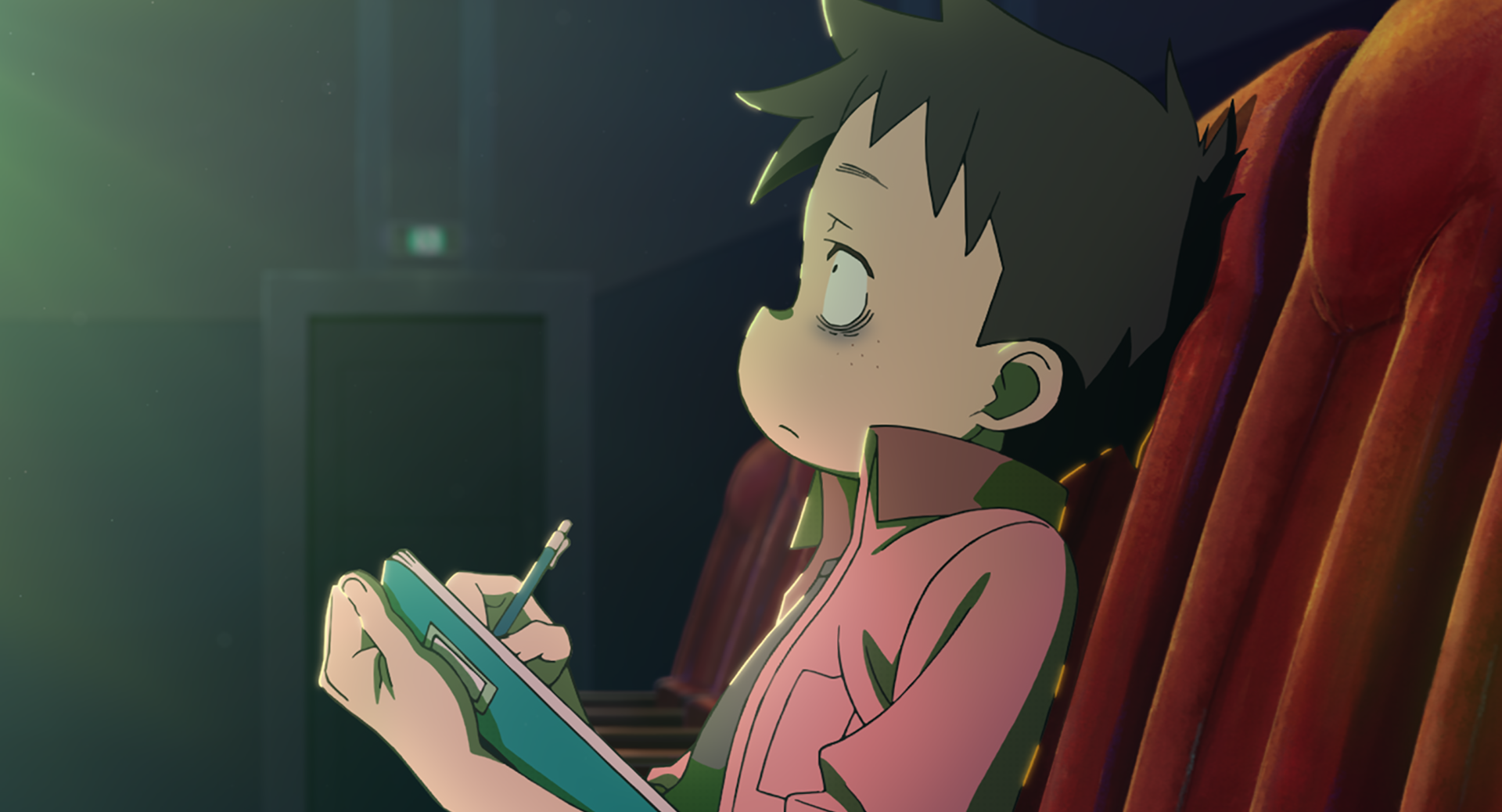
How much of yourself do you see in Gene while directing Meister? Have you ever felt yourself about Gene the way Gene feel’s about Albert in his film?
Takayuki Hirao: I really related to Gene. Why I make movies is really expressed in why Gene makes movies and I put myself in his shoes. So I put a lot of energy in the editing scenes because I think editing is really about what you have to keep that is necessary and what you have to cut out that is unnecessary. And in a film of course, there’s not really any parts that are unnecessary, but in order to get the final product you still have to cut. Then it sort of ties into the whole theme of sacrificing something to attain your dreams, and it’s sort of like a metaphor.
And I think in real life people do that too. They cut out things that they think are unnecessary and keep the things that are necessary. I think the people who do that want to believe that the path that they took is the correct path and the path they took is the correct decision. I wanted this movie to be a fight song for the viewers who are struggling or wavering to see if this is the right path., if this cutting was the right thing to do. I want to say: “You’re not wrong,the path that you chose was right.”
Were there any scenes that were hard to cut and why did you let them go?
Takayuki Hirao: Towards the end, the part where Gene faints because he’s working too much and both Natalie and Gene have that conversation about why we go so far to make movies. I was actually about to cut that whole scene and in the end it remained. If we had cut that scene it could’ve added more time to the other scenes, but after a lot of thinking I decided to keep the scene because it was so important. It added so much to the themes of the movie.
Pompo has opinions about what makes a good movie — they should be 90 minutes long, attractive actresses make the movie good, and those with a sparkle in their eye can’t create good films. Are their philosophies of the producer that you agree with, and are there some that you would personally object to?
Takayuki Hirao: First, Pompo’s opinion about a 90-minute length. I actually don’t agree with that. I think whether it’s two hours or three hours, whatever fits the movie and its context is fine.
Regarding [making the actress beautiful,] I think that’s also important but not the only job that we have regarding the actresses.
And I guess the final thing that you mentioned, “those with the sparkling eyes…” Those people have dead eyes is what you call it, they have these emotions inside them that they want to express to people but they don’t have anyone to express them to or the method to express them. They have the drive but they just can’t express it. I think it’s those kinds of people who tend to create things because they’re not satisfied with life.They have the drive to just let it out and create.
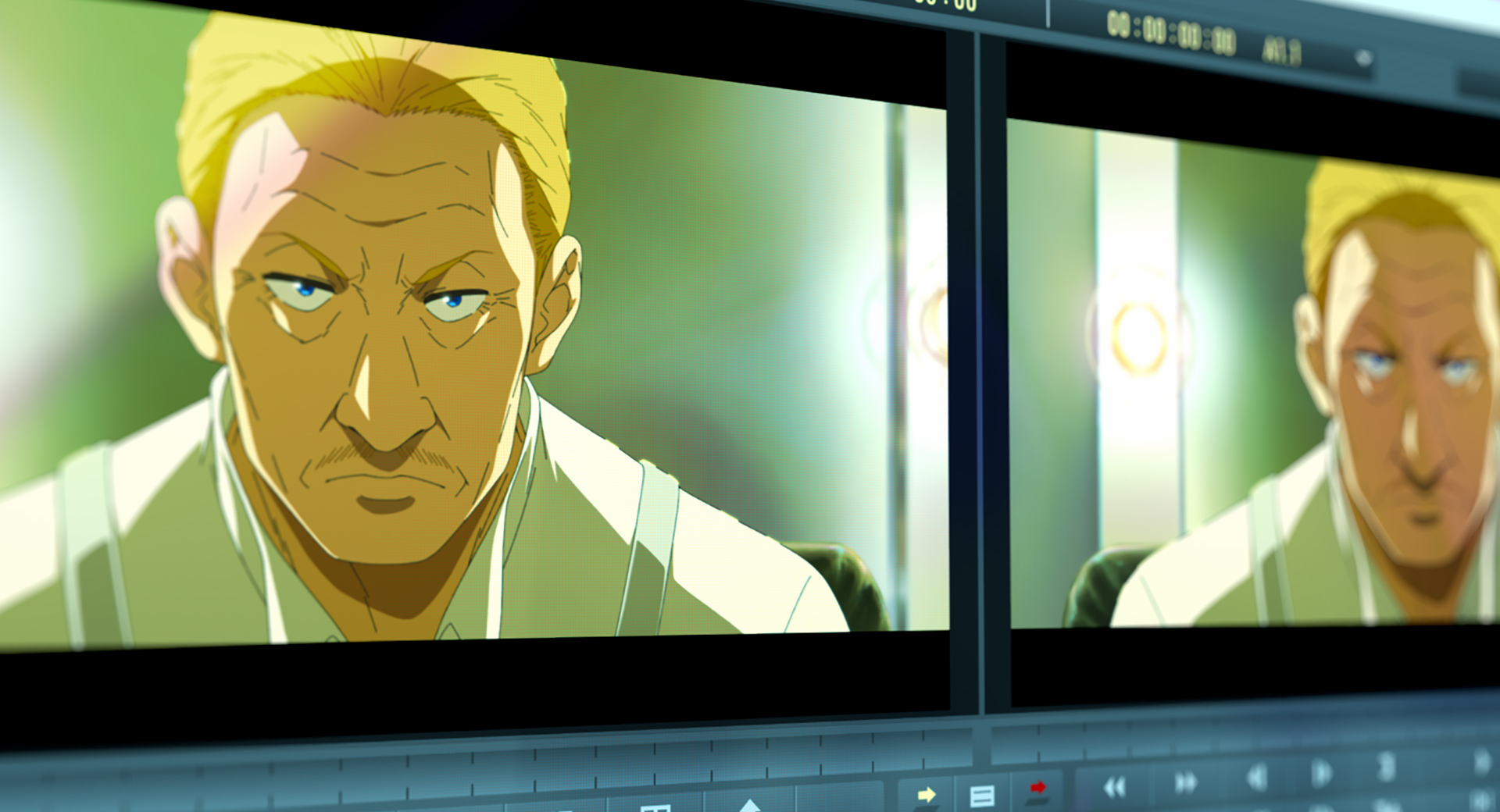
Another opinion Pompo has, and the crux of what leads Gene to become a director, is that “happiness destroys creativity.” What are your thoughts on that?
Takayuki Hirao: What I wanted to convey with this film is two things. One, the importance of pursuing dreams or nudging people forward to pursue their dreams. And two, that in order to pursue your dreams something needs to be sacrificed or cut, and I wanted to portray that reality of having to sacrifice. I think it’s nice to say “dreams do come true” but as a creator I think it’s really irresponsible to say that outright. There’s always that toughness of choosing what’s right and what’s wrong, choosing what to keep and what not to keep.
When I was working in this industry [before directing] I personally didn’t have a lot of vacations or breaks, and people may have thought “what an unhappy life you live since you don’t get many breaks,” but actually I had so much fun. Looking back, it gave me the foundation to be the director who I am today.
So when you think about how you determine if you’re happy—I have a family, I have kids, I am happy. But as creator am I happy? Am i making something satisfactory every single time? And the answer is no. Everytime I make something I still want to go back and fix things, or I’m not 100% satisfied with what I made. So maybe I’m not happy. That makes me want to continue doing what I do. I haven’t achieved what I want to achieve.
What’s your favorite part of the film?
Takayuki Hirao: I think the answer’s obvious, but the fact that the movie is 90 minutes long.
Pompo the Cinephile screens in U.S. theaters April 27 and April 28 via GKIDS.

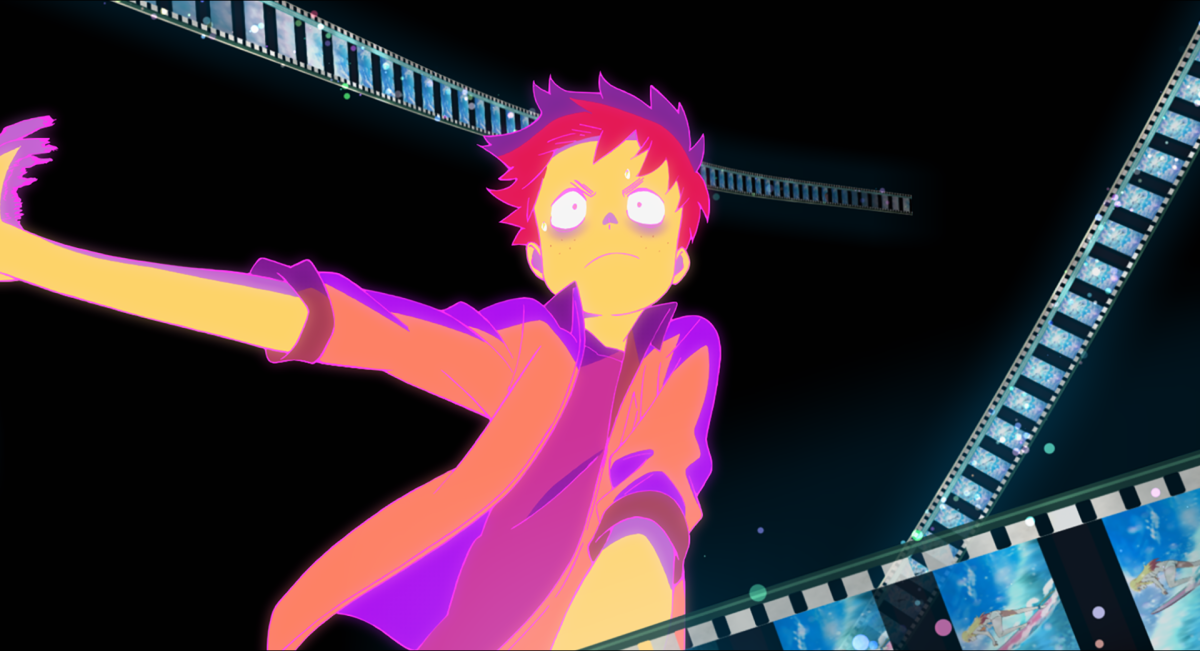

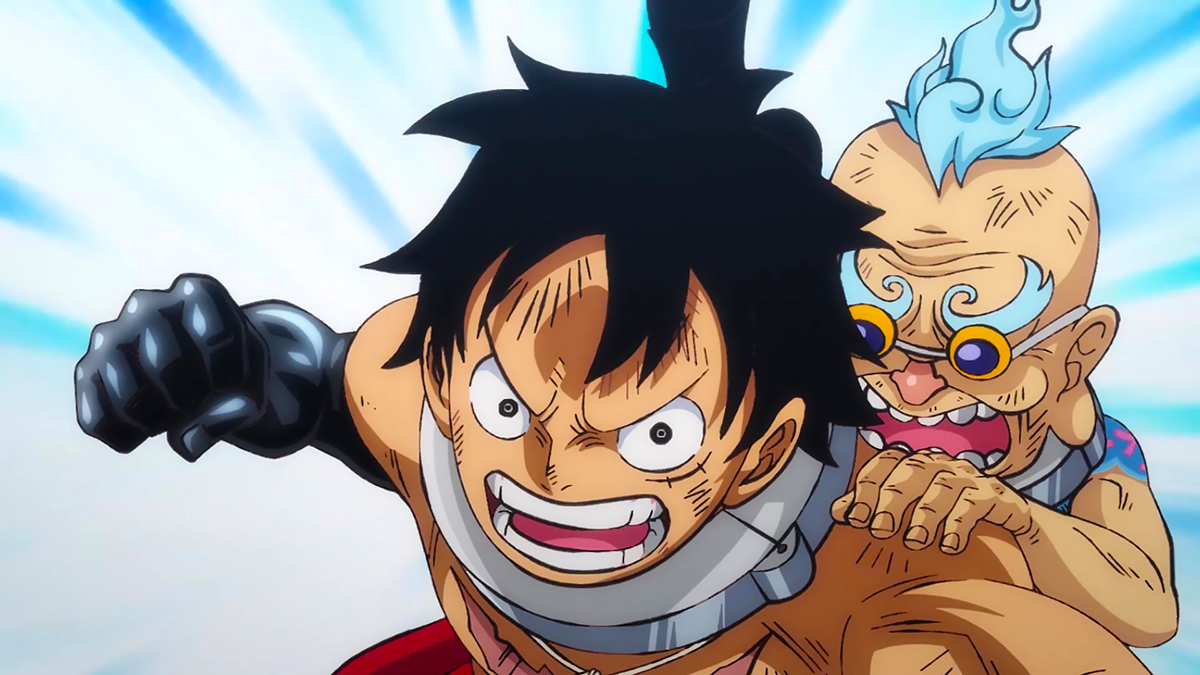
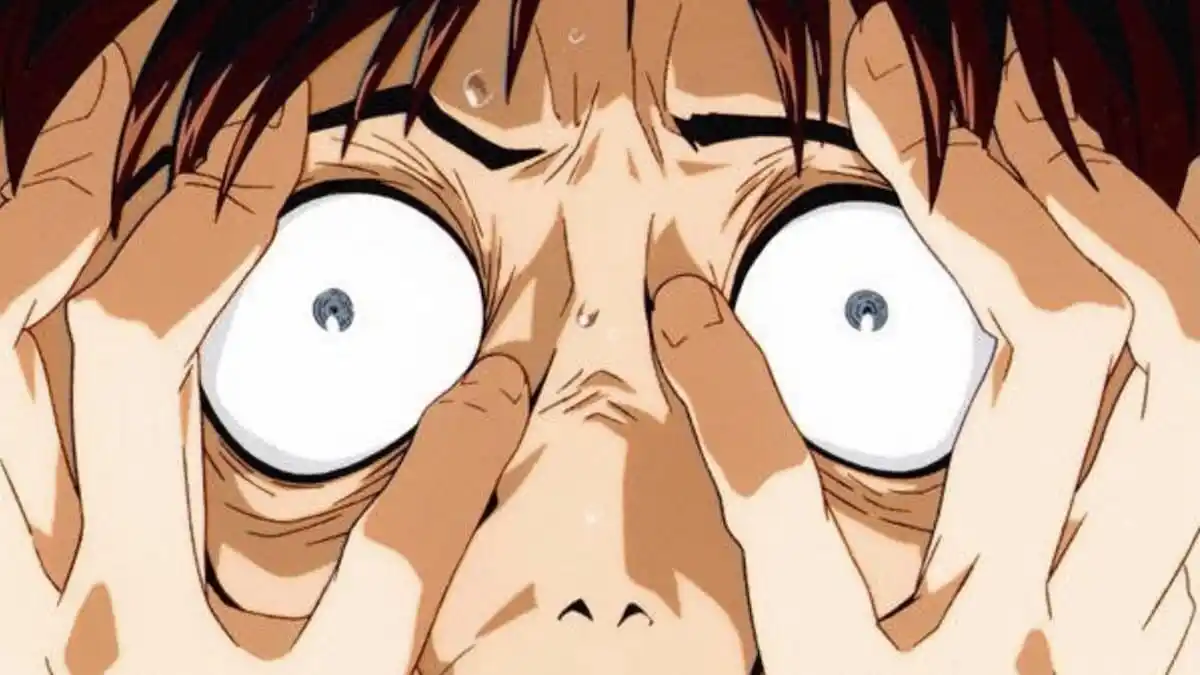
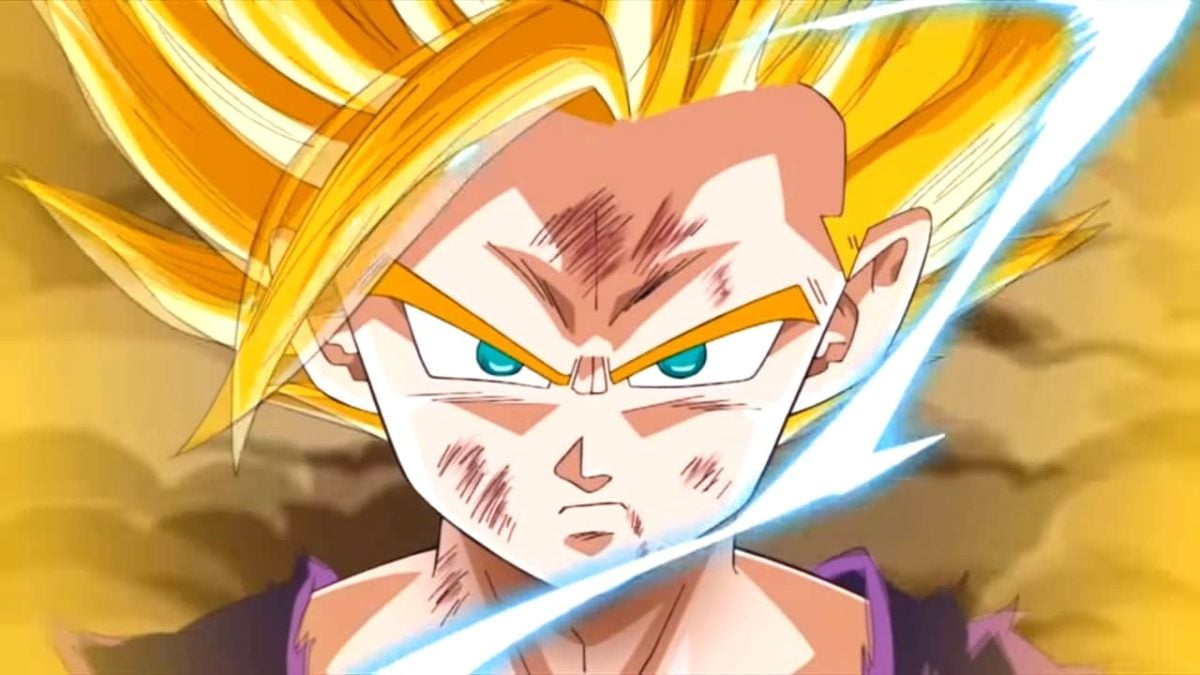
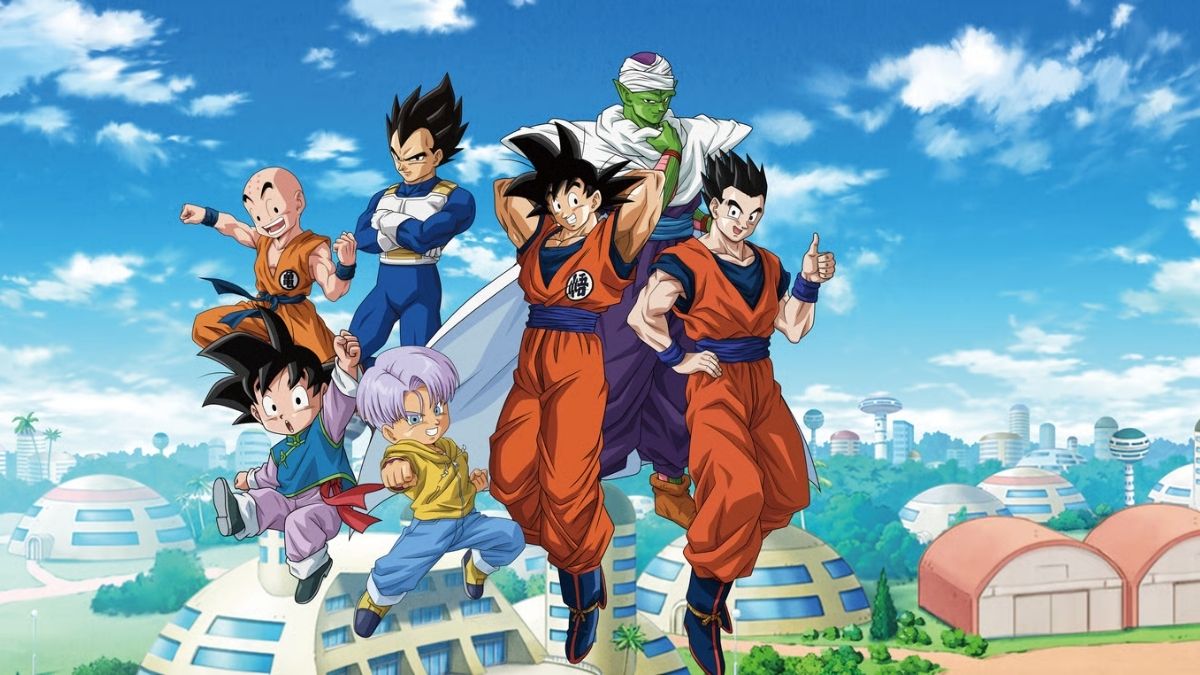
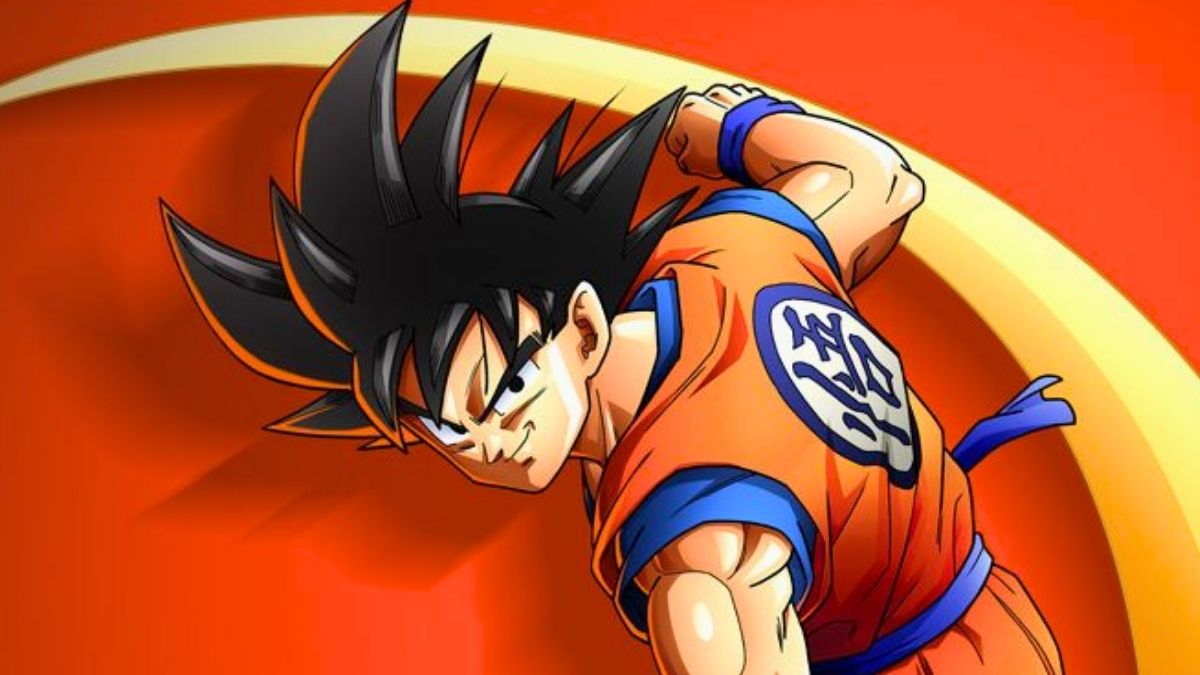
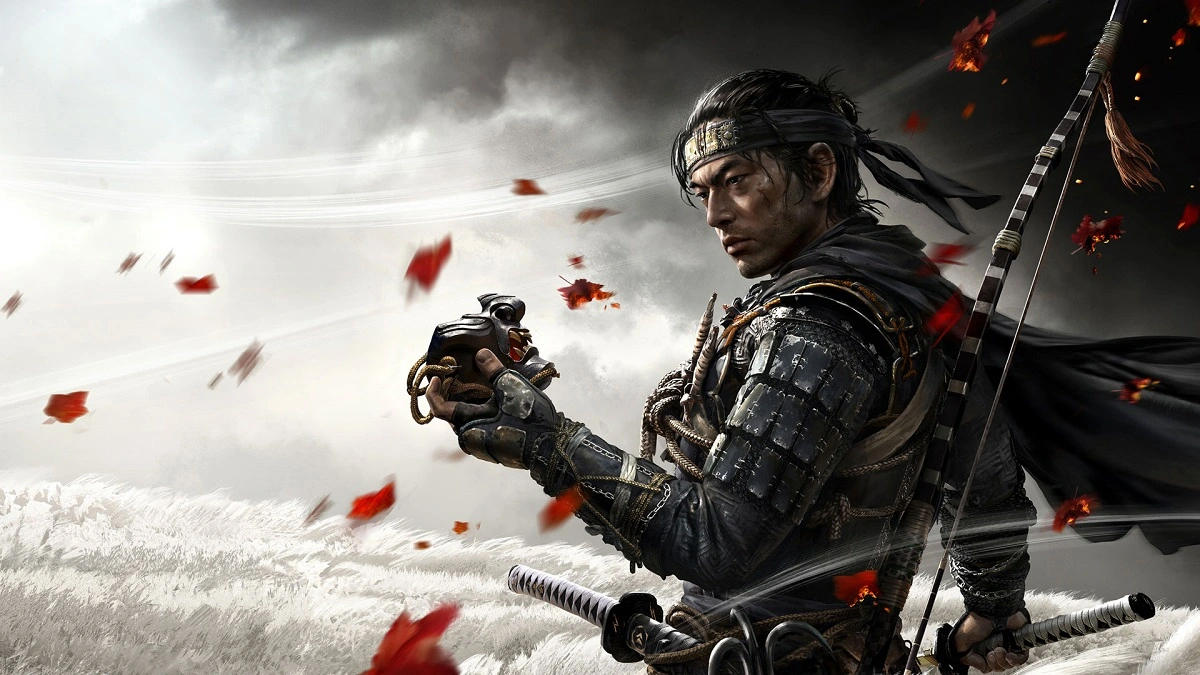
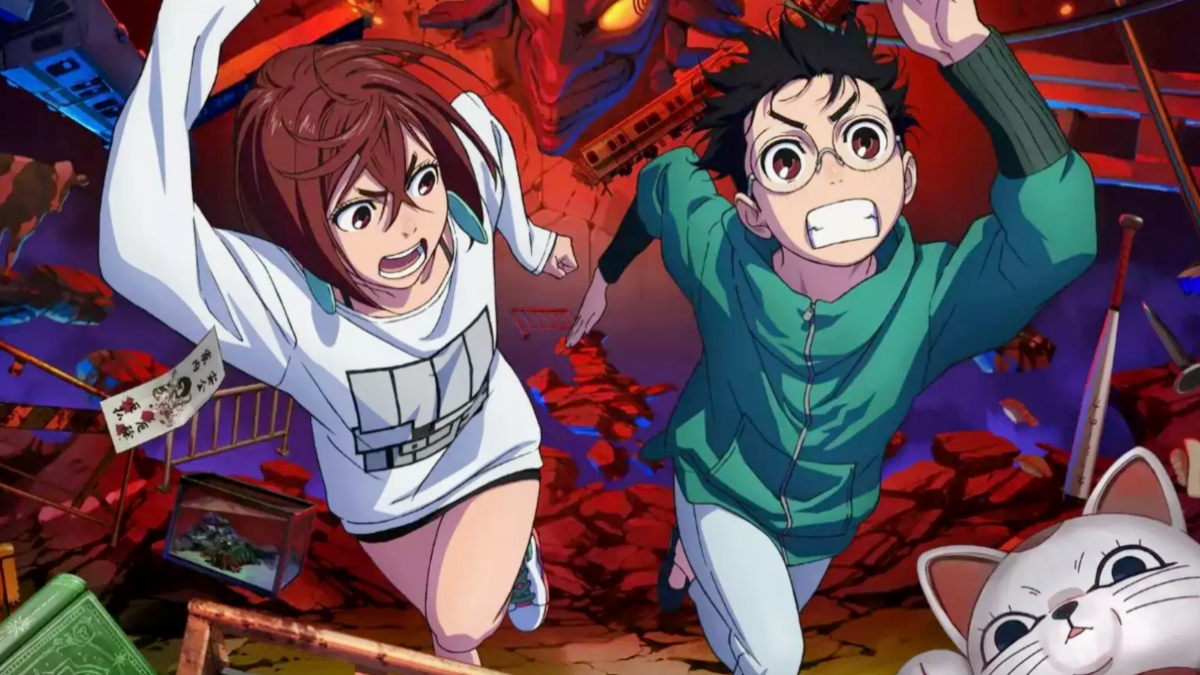
Published: Apr 25, 2022 02:50 am